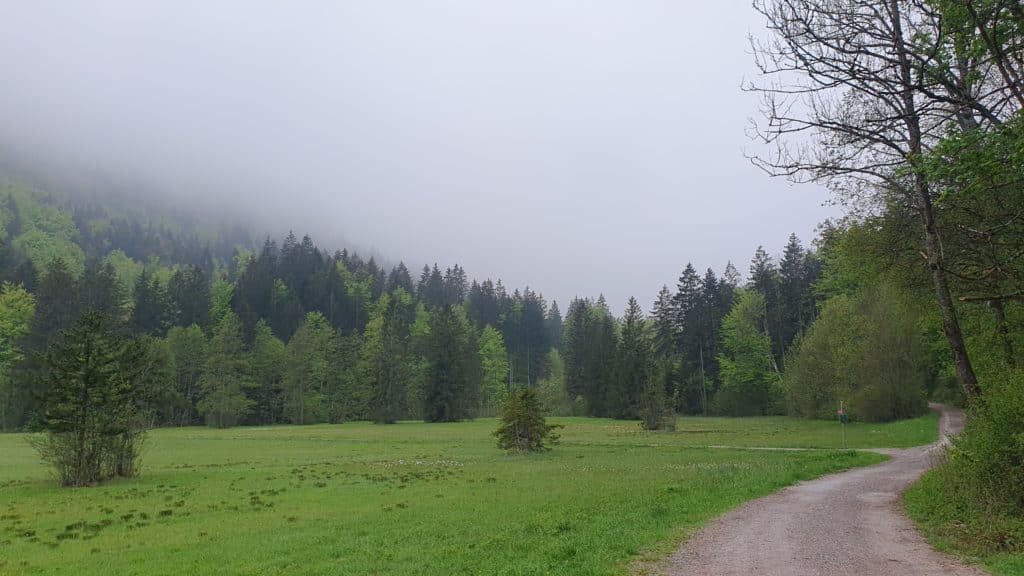
This is a short reminder to myself (and anyone else who finds it useful) that sometimes, progression in life doesn’t have to be fast. Sometimes it even has to be slow.
Imagine you’re running your first marathon. You know you can run the distance and you’ve done the training. As you’re standing on the start line, waiting for the signal, you look around at the mass of people next to you. In all directions, all you see are the toned legs and determined faces of experienced athletes – people who can definitely run marathons a lot better than you. You begin to get nervous; you want to do well and not embarrass yourself in front of the ‘real’ runners, but you’re sure you can’t keep up anything near their pace. So, you decide on a tactic.
‘Bang!’
The starting pistol goes, and you sprint ahead of everyone at full speed. If you sprint the first section, the time you have to spend running at everyone else’s pace will be shorter…
Of course, it’s obvious as a reader that this strategy won’t pay off. While you’re tiring yourself out by trying to cut down the distance as fast as possible, everyone else is carefully monitoring their energy output. As the minutes pass, you’ll get more and more tired, and they’ll start to overtake you. If you had set off steadily, you wouldn’t be the fastest, but you would finish with a time you were proud of. Now however, that will be a struggle.
Whilst this story seems very exaggerated, many people, including myself, fall into this very trap on a broader scale. We want to become better people, more skilled at our jobs, work on our weaknesses, and we think that the only way to do it is through constant busyness.
When learning something new, we need a given number of repetitions of taking action, making mistakes, and getting valuable feedback in order to progress. When what we’re trying to learn is large or complex, as many life skills are, the number of repetitions needed stretches into the marathon of our metaphor. The temptation is to push through these as fast as possible, and to expect to see progress now. But such a high pace will only lead to burnout and a lack of enjoyment in the process.
The only way to get to the end – if there even is an end – is through a steady pace from day to day, month to month, even year to year. When you’re sprinting after different circumstances or a different you, because the current situation isn’t good enough, you will grow tired. If instead you’re consistent, calm but unrelenting, then you know that it’s only a matter of time before the finish line appears, and you can enjoy the journey until it does.